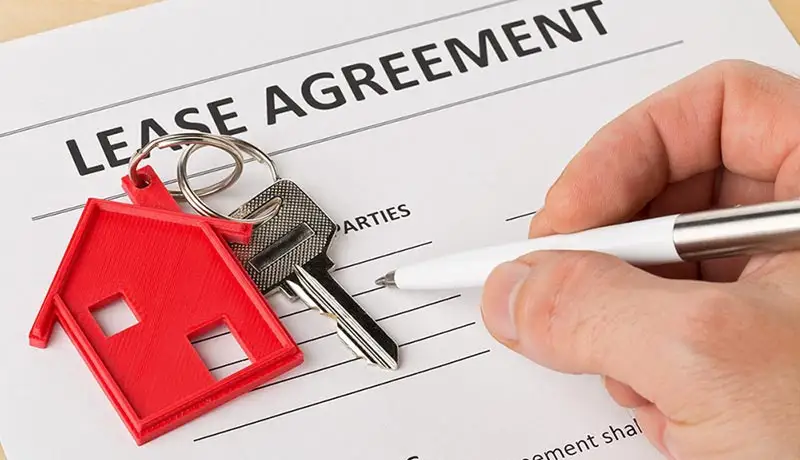Property Leasehold in Thailand. Foreign ownership of land in Thailand is strictly restricted. However, foreigners can acquire leasehold rights to property, providing a viable option for those seeking to invest in Thai real estate.
What is Leasehold Property?
Leasehold property in Thailand is a legal agreement where a foreign individual or entity leases land or a building from a Thai owner for a specific period, typically 30 years, with the option for two 30-year renewals.
Key Points to Know:
- Limited Ownership: While leasehold ownership grants you the right to use and occupy the property, it doesn’t confer outright ownership of the land.
- Renewal Process: The renewal process for leasehold agreements is generally straightforward, but it’s essential to consult with a legal expert to ensure a smooth transition.
- Transferability: Leasehold rights can be transferred to other individuals or entities, making them a viable investment option.
- Mortgage Options: While mortgage financing is available for leasehold properties, it might be subject to specific terms and conditions.
- Legal Considerations: It’s crucial to engage with experienced legal professionals to navigate the complex legal framework and ensure that all contracts and agreements are legally sound.
Benefits of Leasehold Property:
- Affordability: Leasehold properties often offer more affordable options compared to freehold properties, especially for foreigners.
- Investment Potential: The Thai real estate market, particularly in popular tourist destinations, has shown significant growth potential.
- Tax Implications: Understanding the tax implications of leasehold ownership is essential. Consult with a tax advisor to optimize your tax strategy.
Potential Drawbacks:
- Temporary Ownership: The limited tenure of leasehold agreements might be a concern for some buyers.
- Renewal Uncertainty: While renewals are generally straightforward, there’s always a degree of uncertainty associated with the process.
- Legal Complexity: Navigating the legal complexities of Thai property law can be challenging, especially for foreigners.
In conclusion, leasehold property offers a viable option for foreigners to invest in the Thai real estate market. By understanding the nuances of leasehold agreements and seeking expert legal advice, you can make informed decisions and maximize the benefits of your investment.

